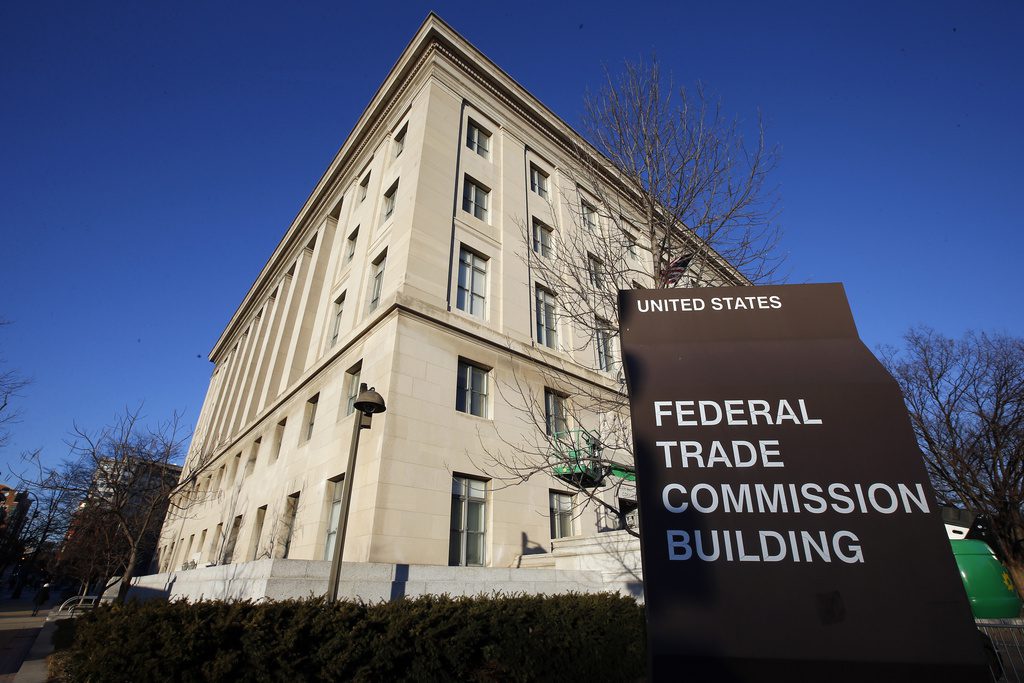
#image_title
#image_title
Assembly Speaker demanded governor accept a package of poison pills he’d already vetoed
A political gamble by Assembly Speaker Robin Vos (R-Rochester) to hold $50 million in federal FoodShare benefits hostage in order to resurrect a bill already vetoed by Gov. Tony Evers fell short Tuesday when the governor announced a back-door deal with the Biden administration to preserve the aid for struggling families.
When the state Supreme Court ruled on March 31 that Evers couldn’t declare any new emergency orders or mask mandates without legislative approval, it meant the state was set to lose $50 million in federal funds for supplemental FoodShare benefits in May.
During a press conference ahead of Tuesday’s Assembly floor session, Vos was asked about the FoodShare benefits and whether his party was open to reinstating an emergency order with no strings attached. In response, Vos said, “Well we have [Assembly Bill] 1,” referring to the COVID-19 relief package that was ping-ponged between the Assembly and Senate at the start of this year’s legislative session.
After Evers and Senate Republicans came to a deal, the Assembly balked and loaded the bill with provisions that would have restricted employer or health official vaccine requirements, health officials’ ability to limit or close houses of worship due to COVID and local school boards’ ability to restrict in-person learning. Also it would require legislative oversight of federal COVID funds. Evers had little choice but to veto it.
Vos said that if Democrats wanted to reinstate an emergency order so the state could continue to receive the additional FoodShare benefits–which could affect 250,000 households–then they would have to join Republicans to override Evers’ veto.
“Unfortunately it seems like Gov Evers has to make some decisions,” Vos said. “If it’s important to the people–we’ve already voted for it.”
As the Assembly was still in session voting over 11 bills that would attempt to wrest control of federal American Rescue Plan funds, Evers announced that he and the US Department of Agriculture (USDA) had reached an agreement where the state would continue to receive the funds. While the public emergency declaration had been killed by courts, Evers and Department of Health Services Secretary Karen Timberlake reportedly issued a new emergency declaration that was related to COVID response without including a face mask requirement, according to a report in the Milwaukee Journal Sentinel.
“To recap:” tweeted Sen. LaTonya Johnson (D-Milwaukee) “[Wisconsin] Republicans threatened to cut $50 [million] per month in emergency food benefits unless [Evers] gave them $3.2 billion. Instead of bargaining with politicians who use hungry children as leverage, [Evers] worked with the USDa, and now we’re getting the benefits anyway.”
In a press release, Evers office said the amount was now at $70 million, which could help 400,000 Wisconsin families.
“More than $70 million a month means we can get support to a lot of folks across our state who are still struggling in the midst of a pandemic and need help putting food on the table,” Evers said in the release. “I’m proud we were able to work with our federal partners to come to an agreement that will ensure we can keep providing these critical resources to Wisconsinites across our state.”
The bills being debated Tuesday by the Assembly includes three of which the Legislative Fiscal Bureau said are not allowed under the American Rescue Plan.
One bill would use $626 million to retire bonds and loans and replace a statewide public safety communication system and expand the number of psychiatric beds at Sacred Heart Hospital in Eau Claire. Another would refill the unemployment insurance reserve fund to its June 30, 2020 level of $1.2 billion but there’s no set dollar amount attached to that proposal.
The proposal getting the most attention would use $1 billion to provide a 10% tax reimbursement to property owners. The American Rescue Plan specifies that the funds are not to go towards tax cuts but Vos also issued a Resolution that would request Attorney General Josh Kaul to join a lawsuit against the federal government arguing that it could not limit states’ application of those funds.
While the bills seemed certain to pass in the Assembly and Senate, they will almost certainly face the same fate as Assembly Bill 1.
Politics

Biden administration bans noncompete clauses for workers
The Federal Trade Commission (FTC) voted on Tuesday to ban noncompete agreements—those pesky clauses that employers often force their workers to...

Opinion: Trump, GOP fail January 6 truth test
In this op-ed, Milwaukee resident Terry Hansen reflects on the events that took place on January 6, the response from Trump and other GOP members,...
Local News

Readers Poll: Top Bowling Alleys in Wisconsin
Looking for the best bowling in Wisconsin? Look no further! Our readers have spoken in our recent poll, and we have the inside scoop on the top...

8 Wisconsin restaurants Top Chef judges are raving about
Top Chef’s 21st season is all about Wisconsin, and on-screen, it’s already apparent that the judges feel right at home here. But, while filming in...



